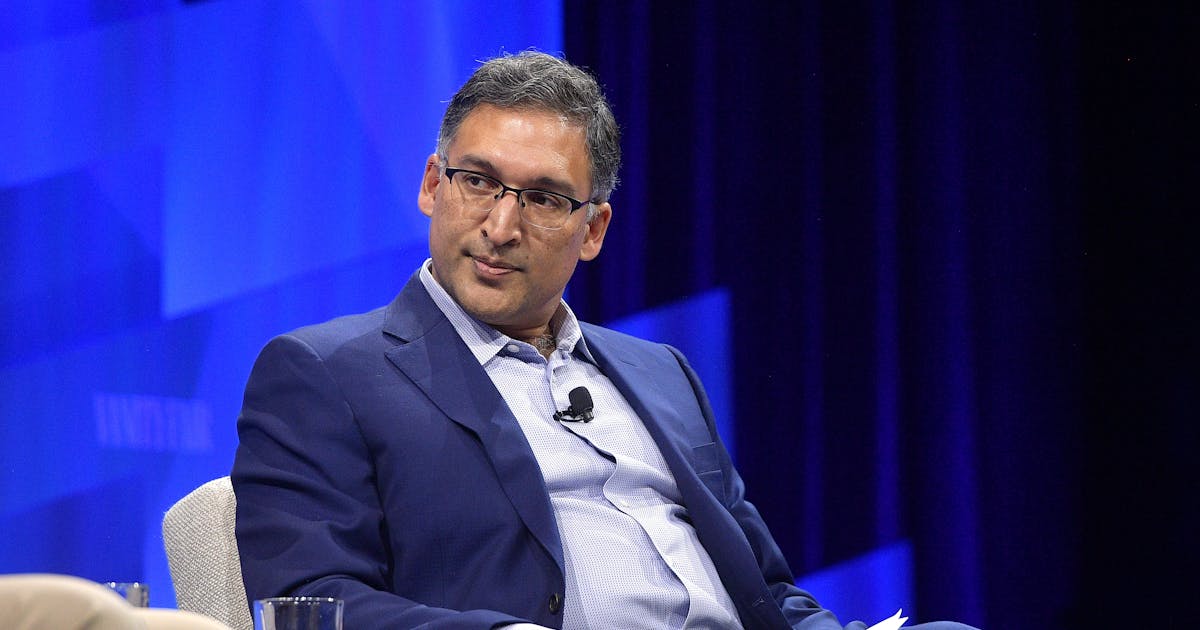en god en om hvordan us solgte seg ut til kina
[…]
Because this isn’t actually the story of China incentivizing U.S. companies into helping improve their missiles. That’s nothing. This is the story of how, 25 years later, in the midst of a global pandemic, America woke up and realized that it is completely dependent on Chinese manufacturing for everything. Not only for cheap toys and tacky trinkets, but for essential things like medicine, electronics, and military components. The scope of what we are currently incapable of doing is astonishing. According to recent congressional hearings on the impact of tariffs, among other things, we cannot print our own Bibles, manufacture rifle scopes, or even make the special ink to print U.S. dollars without Chinese assistance. It is as embarrassing as it is dangerous.
And it begins in the ’90s when the Chinese government discovered a fresh vulnerability in our economic system. A vulnerability they exploited with Hughes, Loral, and McDonnell Douglas, and that they have been exploiting ever since.
This, in short, is the story of how the Chinese Communist Party hacked America.
On March 17, 2020, Geng Shuang, China’s Ministry of Foreign Affairs spokesperson, speaking on behalf of an authoritarian communist state with a state-run economy, lectured the world on economic freedom. His goal was to preempt the idea of the U.S. decoupling its supply chain from China:
“The global industrial and supply chains are the results of market forces and business decisions,” he said matter-of-factly. “It is unrealistic and insensible to try to sever them.”
These two short sentences from Spokesman Shuang are the essence of the China Hack.
[…]
It’s a uniquely modern American mentality that places all other principles behind the greatest principle of all: the pursuit of self-interest. Exxon CEO Lee Raymond
summarized the attitude best: “I’m not a U.S. company and I don’t make decisions based on what’s good for the U.S.”
Exploiting that philosophy, along with our focus on deregulation and a trust in the magic of the market, is the foundation of how China took control of our entire supply chain, numerous industries, and know-how that America, as a society, paid for and developed, and even a huge slice of “
materials and technologies deemed strategic and critical to U.S. national security,” as outlined in a recent national-security report.
[…]
How does a national economic system based on individual economic efficiencies result in such an inefficient result for the U.S. as a nation? The answer, and the brilliance of China’s strategy, is that societal cost and risk are not included in the calculus of the people making the individual business decisions of these industries.
China looks at business transactions at the nation-state level, and the decisions are guided by national interests and decision-makers. But in the U.S., these decisions are based upon the individual self-interests of founders, boards of directors, investors, families, or other groups of individuals.
When these individuals look at risk, it’s not their job or in their self-interest to consider national risk. Whether it is national security, espionage, supply chain fragility or dependencies, or something else, the cost of this type of risk is completely invisible to them. The only risk that appears on their balance sheets is the risk to their own profits.
What will it require to take China seriously as an economic challenge?

prospect.org













